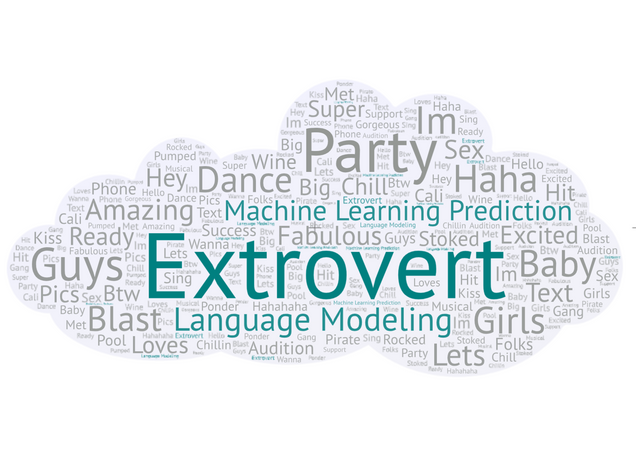是什么让人自恋?
Andrew Cutler Shows How Social Media Use Reveals Human Traits
Have you ever wondered what exactly your personality traits are? Are you a narcissist? What can Facebook predict about you? Andrew Cutler, a PhD candidate (ECE) interested in inferring human traits from social media use, is conducting research on all of those topics under advisor, Brian Kulis, CISE faculty affiliate and Associate Professor (ECE, SE).
Cutler’s research takes a Machine Learning approach to understanding personalities. His research appears in the Journal of Language and Social Psychology in a paper entitled “Inferring Grandiose Narcissism From Text: LIWC Versus Machine Learning.”

Cutler’s focus in this area began in 2017 when he embarked on a research project with the goal of understanding how well he could predict traits, from peoples politics to their gender or intelligence using their presence on Facebook. He looked specifically at peoples status’ and how they related to different personality features. Cutler analyzed the Big Five personality traits including openness, conscientiousness, extraversion, agreeableness, and neuroticism. Even though he did not have nearly as much data as Facebook, Cutler was still able to predict traits in subjects.
铜
Cutler’s Facebook research did not stop there. Beginning in 2018, he used what he found in his Facebook study, including an improved language model, to begin a new project analyzing the tells of what makes someone narcissistic. The goal of this study was to rank subjects on a narcissism scale based on essays they wrote and the words they utilized. Working with Southern Georgia University Professor, Nick Holtzman, Cutler used essays and free response questions from students in Georgia to analyze the degree to which they possess narcissistic traits.
How did Cutler become interested in this narcissism project? Cutler explained that he “was working with a psychologist whose expertise is narcissism and we were interested in predicting subclinical narcissism. We were trying to rank everyone on a narcissism scale based on essays written by the subjects.” Cutler said that while most psychologists use Linguistic Inquiry and Word Count (LIWC) model to determine the degree of a participants narcissism, he discovered that this model failed to find the relationship between language and traits in a person. LIWC tallies up how many times certain words are used and then makes a deduction from there, however Cutler decided he had a more well-rounded model that he created through his Facebook findings.
As Cutler explained “I proposed a language model that used patterns and personality traits found in each participants Facebook data. It kind of just happened that the Facebook data and the narcissism data overlapped, basically one idea just fed into the other.” Cutler explained that LIWC is a one step process, while his model utilizes machine learning for a two-step process. He said that “The categories that we were grouping words into were all related to psychology in my language model. So it would be categories like masculinity, femininity, introversion and extroversion. Which words belonged to which groups was all determined by machine learning, overall determining how much is this word an extrovert word versus a masculine word, and LIWC does not do that.”
Cutler’s research concluded that the best tell that a participant is narcissistic is when they write disagreeably and his findings showed that those who were more narcissistic, in fact, wrote less agreeably. However, this was not the original hypothesis posed by Cutler. He believed there would be stronger tells determining narcissism including masculine words as well as neuroticism within writing. However, as Cutler explained, “The big takeaway was that agreeable was the best tell. So people who spoke agreeably were not narcissistic. We predicted there would be a bigger correlation with masculine words as well as consciousness and neuroticism but those didn’t really add much to the model…it was a surprise to us”
So, how can we utilize Cutler’s findings in everyday life and why are they important? As he explained, “My work is just taking apart the black box of Facebook’s advertising a little bit and saying ‘what could a more sophisticated model do?’” Essentially, Cutler and Nick’s findings explain Facebook’s advertising methods, specifically in terms of narcissism.

“What I find most interesting is that people actually are very different. Some people really are extroverted and there are tells of their extroversion in their behavior all over the place. Everything they’re doing online is leaking information about their personality,” Cutler added.
Beyond machine learning and personality analytics, Cutler is an avid player and supporter of sports, specifically squash. While his love for sports began with his involvement in racquetball, he explained that Boston severely lacked a racquetball culture which is why he switched over to squash which he claims is “just a better sport”. Cutler expanded upon that, explaining “…it’s harder to win a point in squash; rallies are longer and decided by strategy more than kill shots.”
